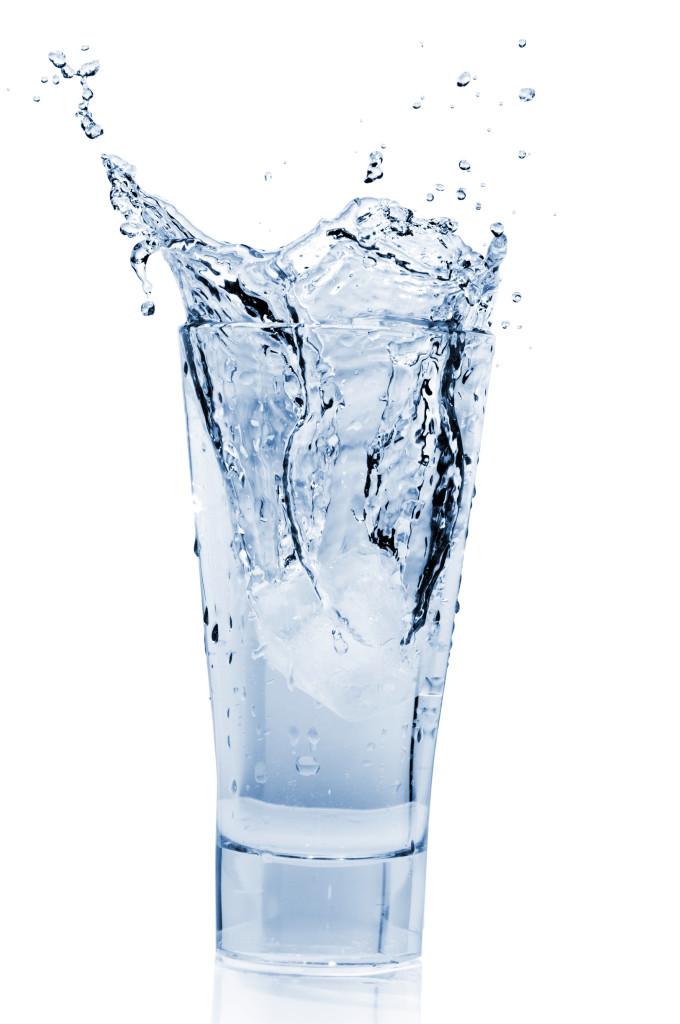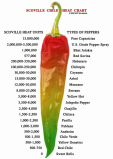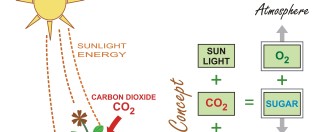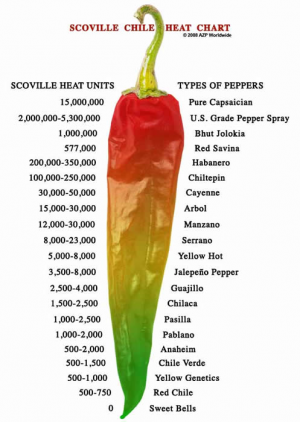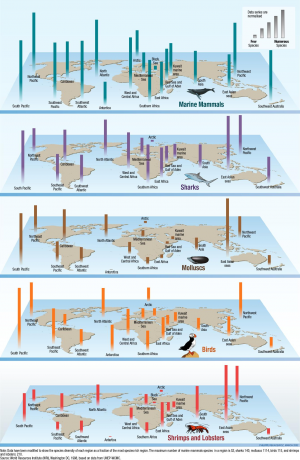Water Facts
Water covers about 70 percent of the earth’s surface in the oceans, lakes, rivers, and glaciers. Interesting water facts, information and answers about this matter to learn and share!
- The total amount of water on the earth is about 326 million cubic miles of water.
- There is the same amount of water on earth as there was when the earth was formed.
- The largest bodies of water on Earth are the oceans, which consist of saline water, meaning salt water.
- Penguins can convert salt water into fresh water.
- The largest bodies of water on Earth are the Pacific Ocean, Atlantic Ocean, Indian Ocean, Southern Ocean, and Arctic Ocean.
- The Nile (6,650 km long) has been determined to be the largest river in the world followed by the Amazon and the Yangtze.
- Water consists of three atoms, two hydrogen atoms and an oxygen atom, that are bond together due to electrical charges.
- Water is the only substance that is found naturally on earth in three forms: liquid, gas, solid.
- Water boils at 212o Fahrenheit or 100o Celsius.
- Water freezes at 32o Fahrenheit or 0o Celsius.
- Brief explanation of the water cycle: The sun warms the water, the water turns into gas which rises into the sky, raindrops fall from the sky, the rain flows into rivers, oceans and seas, the sun warms the water, etc.
- A liter of water weighs 1.01 kilograms.
- Of all the water on earth, only 2,5% is fresh water.
- Pure water is so pure that one can’t even drink it.
- Water is an odorless, tasteless, transparent liquid at room temperature.
- Water is one of the best known solvents.
- Over 90% of the world’s supply of fresh water is located in Antarctica.
- The United States uses about 346,000 million gallons of fresh water every day.
- The average five-minute shower takes between 15 to 25 gallons of water.
- The two-liter bottle of a cola requires five liters water to produce.
- A dairy cow must drink four gallons of water to produce one gallon of milk.
- Approximately 1 million miles of pipelines and aqueducts carry water in the United States and Canada.
- 780 million people lack access to an improved water source; approximately one in nine people.
- Water power is of major economic importance.
- Sources of water pollution include: oil spills, fertilizer and agricultural run-off, sewage, storm water, and industrial wastes.
- Around 70% of the industrial waste is dumped into the water bodies where they pollute the usable water supply.
- Fourteen billion pounds of garbage mostly plastic, is dumped into the ocean every year.
- A healthy person can drink about 48 cups of water per day.
- You can survive about a month without food, but only 5 to 7 days without water.
- The total amount of water in the body of an average adult is 37 liters.
- Human brains are 75% water.
- Human blood is 83% water.
Did you knew these amazing water facts?

